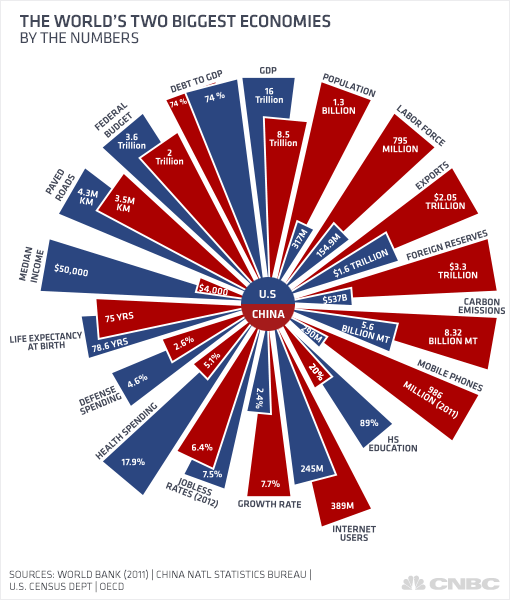“German factory orders (GRIORTMM) fell more than economists predicted in April as Europe’s largest economy struggled to gain strength.
Orders, adjusted for seasonal swings and inflation, decreased 2.3 percent from March, when they increased a revised 2.3 percent, the Economy Ministry in Berlin said today. Economists forecast a 1 percent drop, according to the median of 39 estimates in a Bloomberg News survey. In the year, workday-adjusted orders fell 0.4 percent.
The European Central Bank is expected by economists to lower its economic outlook when it meets in Frankfurt today, a month after cutting interest rates to help the euro region out of its longest-ever recession. At the same time, German business confidence rose in May for the first time since February, and consumers’ optimism is set to climb to the highest since 2007 in June, as higher wages boost spending power.
“A decline was to be expected after significant increases in the previous months,” said Gerd Hassel, an economist at BHF-Bank AG in Frankfurt. “Therefore, it’s not a sign of an economic slump but rather of the usual volatility. German growth should pick up in the second quarter.”
The German economy grew only 0.1 percent in the first three months of the year, less than economists anticipated. The Bundesbank will release new forecasts tomorrow. In December, the Frankfurt-based central bank predicted growth of 0.4 percent this year and 1.9 percent for 2014.



![[image]](http://si.wsj.net/public/resources/images/P1-BL772_CDO_NS_20130604185705.jpg)